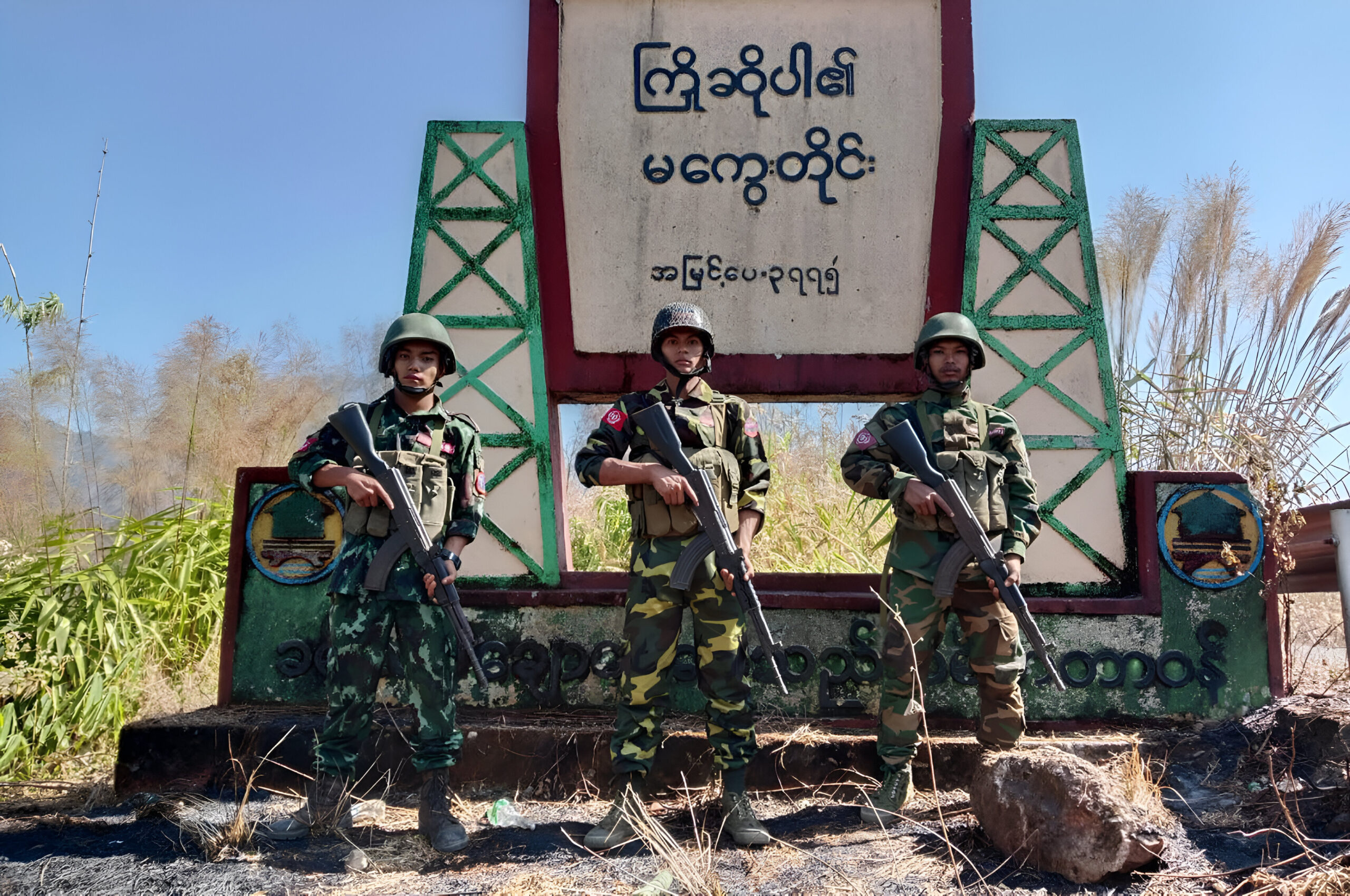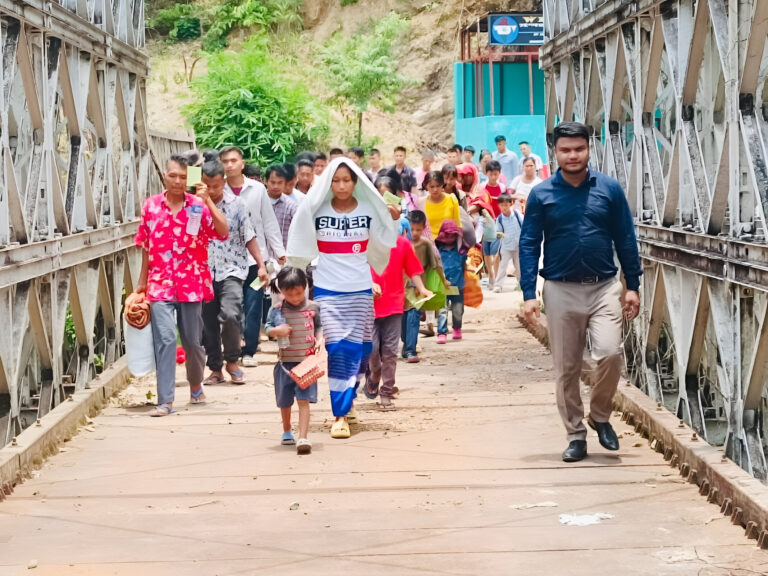Bangladesh Admits Contact with Myanmar Junta and Arakan Army: Navigating a Complex Border Crisis
Quick Summary: Bangladesh’s Dual Diplomacy Amid Border Turmoil
In a significant development, Bangladesh has acknowledged maintaining communication with both Myanmar’s military junta and the Arakan Army (AA), a rebel group that now controls the entire 271-kilometer border between the two nations. This strategic engagement aims to manage escalating border tensions, address the influx of Rohingya refugees, and ensure regional stability. The situation underscores the intricate dynamics of diplomacy, security, and humanitarian concerns in the region.
Understanding the Bangladesh-Myanmar Border Crisis
1. The Geopolitical Landscape
The Bangladesh-Myanmar border, stretching over 271 kilometers, has historically been a region of ethnic diversity and political tension. The recent shift in control to the Arakan Army, an insurgent group seeking autonomy for the Rakhine state, has added a new layer of complexity to the already volatile area.
2. Bangladesh’s Strategic Engagement
Recognizing the Arakan Army’s control over the border, Bangladesh has opted for a pragmatic approach by engaging with both the AA and Myanmar’s military junta. This dual diplomacy aims to maintain border security, prevent further escalation, and manage the humanitarian crisis resulting from the ongoing conflict.
3. The Rohingya Refugee Dilemma
Bangladesh hosts over a million Rohingya refugees who fled persecution in Myanmar. The recent intensification of conflict has led to a new influx of refugees, with reports indicating that 50,000 to 60,000 Rohingyas have entered Bangladesh illegally. The government faces the challenge of providing humanitarian aid while preventing further illegal crossings.
4. Security Concerns and Border Management
The presence of various militant groups, including the Arakan Rohingya Salvation Army (ARSA), has raised security concerns for Bangladesh. The government has increased manpower and surveillance along the border to prevent the infiltration of militants and the smuggling of arms and drugs.
5. International Implications
The border crisis has drawn international attention, with calls for humanitarian assistance and diplomatic intervention. Bangladesh’s engagement with both the Arakan Army and Myanmar’s military junta reflects the need for a balanced approach to ensure regional stability and address the humanitarian crisis.
FAQs
Q1: Why is Bangladesh engaging with both the Arakan Army and Myanmar’s military junta?
Bangladesh aims to maintain border security and manage the humanitarian crisis by engaging with both parties controlling different aspects of the border region.India Today NE+3The Financial Express+3bdnews24.com+3
Q2: What challenges does Bangladesh face due to the influx of Rohingya refugees?
The country faces logistical challenges in providing humanitarian aid, preventing illegal crossings, and ensuring the security of refugee camps.
Q3: How is Bangladesh addressing security concerns along the border?
The government has increased manpower, surveillance, and intelligence activities to prevent infiltration by militants and the smuggling of contraband.Risingbd Online Bangla News Portal
Q4: What role does the international community play in this crisis?
International organizations and neighboring countries are called upon to provide humanitarian assistance and support diplomatic efforts to resolve the conflict.
Q5: What are the long-term implications of this border crisis for Bangladesh?
The crisis poses ongoing challenges in terms of national security, humanitarian aid, and diplomatic relations, requiring sustained efforts and international cooperation.




